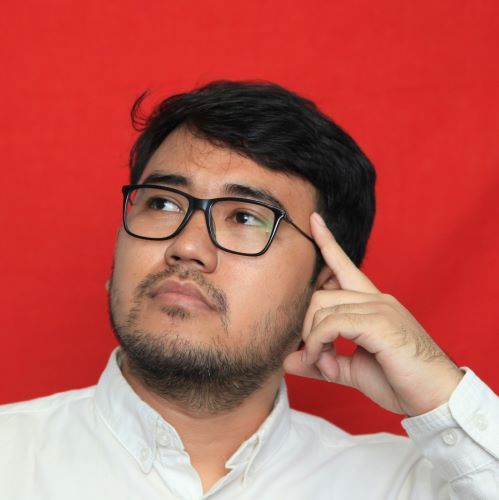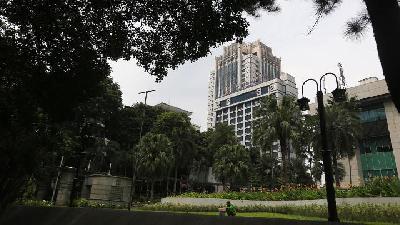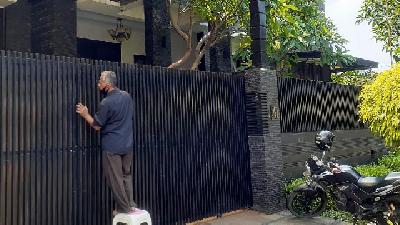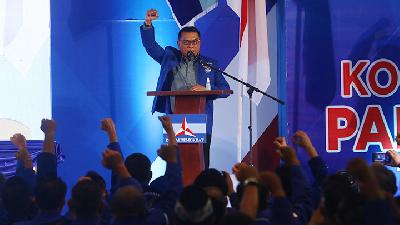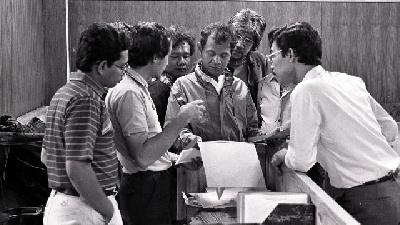The Fast Lane for Terawan’s Vaccine
Monday, March 8, 2021
Terawan Agus Putranto is promoting the Nusantara vaccine to a number of officials. The National Institute of Health Research and Development does not fully supported research plans for this dendritic-cell vaccine. Terawan is also attaching researchers’ names without their consent.
arsip tempo : 171417681922.
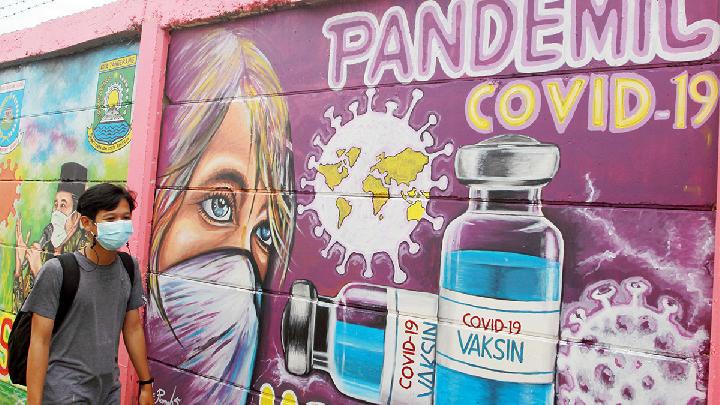
ALMOST three months after he stepped down as health minister, Terawan Agus Putranto attended a meeting discussing a nationally produced vaccine organized by the Covid-19 Response and National Economic Recovery Committee (KPC-PEN). In the online meeting, Terawan discussed the development of the Nusantara vaccine. “He did explain about the Nusantara vaccine,” Firli Bahuri, Chairman of the Corruption Eradication Commission (KPK), told Te
...
Subscribe to continue reading.
We craft news with stories.
 For the benefits of subscribing to Digital Tempo, See More
For the benefits of subscribing to Digital Tempo, See More



